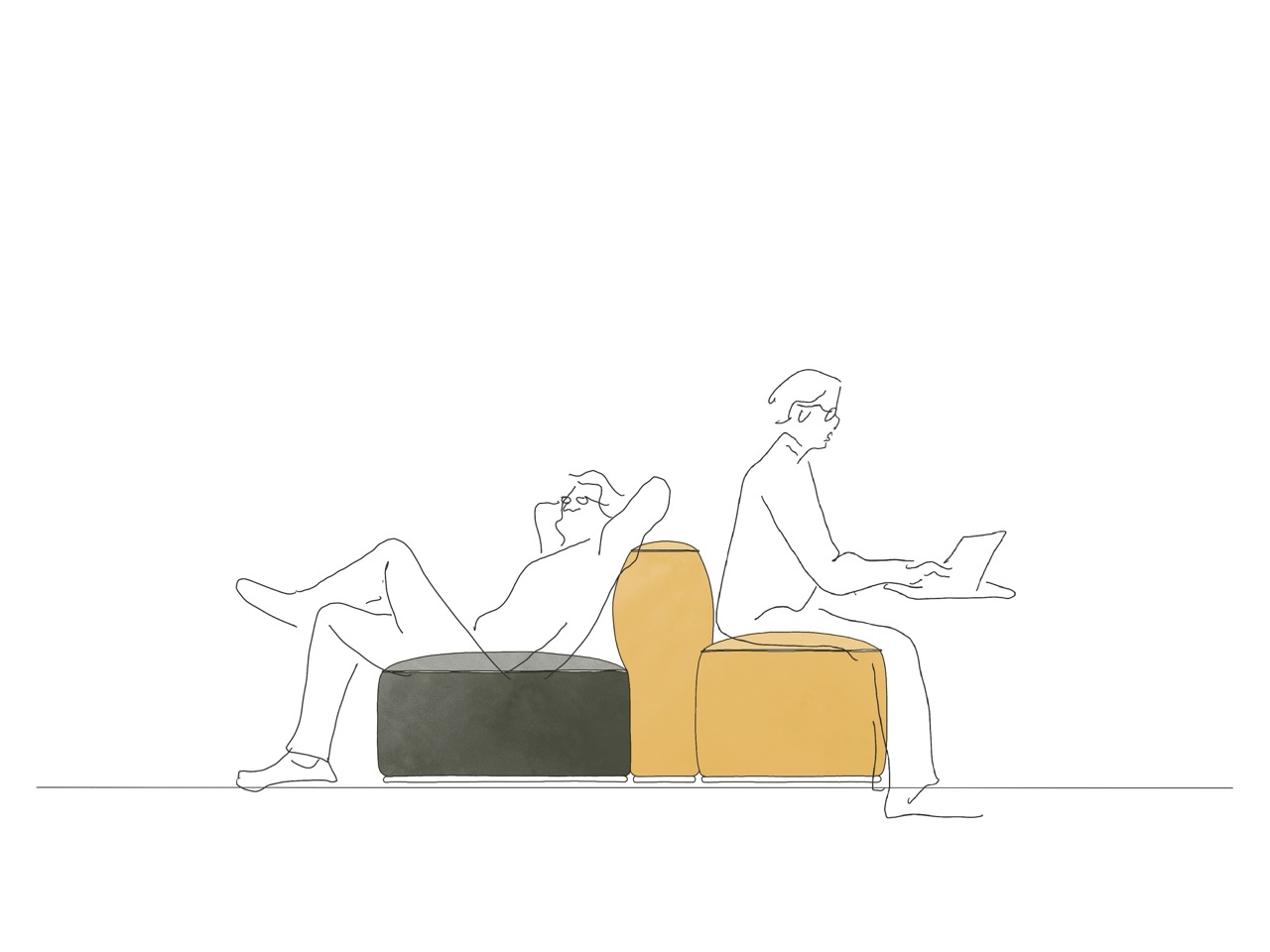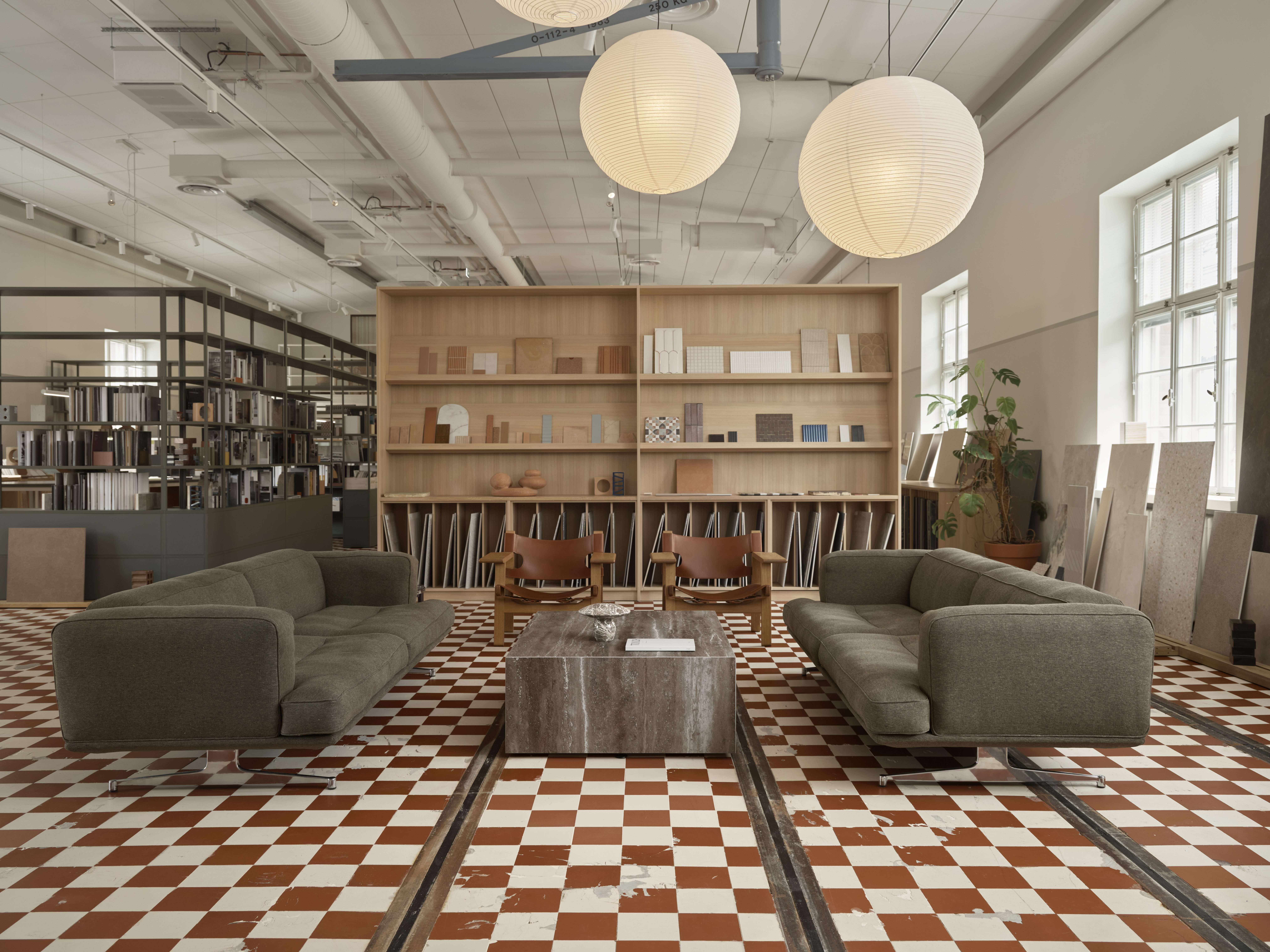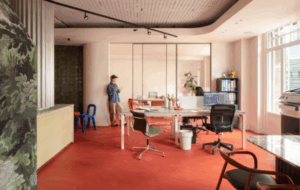 A modern home office featuring the EA108 Chair by Vitra|||
A modern home office featuring the EA108 Chair by Vitra|||
In addition to the tragic toll on human life, the onset of COVID-19 has forced many of us to quickly adapt to remote working.
Although working from home is not a new phenomenon, as the advent of phones and computers brought with it an ability to work from home, recent technological shifts have enabled it at greater scale and efficiency. If we look back only 10 years ago, fax machines were still frequently used and video calls were in their infancy. Over the past decade, technological advancements and decentralised management practices fostered some flexibility in working – although many industries still held out and preferred office work.
The rapid impact of the COVID-19 pandemic has brought with it forced adaption to a new normal: one rooted in communication tools – such as Zoom, Slack and Hangouts – and productivity tools – such as Miro – which have rendered many organisations much more functional during this time.
Post-pandemic, it seems inevitable that remote working will increase as flexibility will be demanded by employees and will be better understood by senior managers. Three-quarters of chief financial officers surveyed by global research firm Gartner recently said they expect to move previously on-site employees to remote working post-Covid-19.

Greater availability and growing familiarity with digital communication and productivity tools has meant companies have been able to adapt to the challenges of remote working.
Remote working is not, however, a panacea – it will offer more flexibility and options but will still be a tool rather than a complete solution. The role of the office will continue to evolve – providing space facilitating emotional connection and fostering company culture rather than just a place to work. Technology will be key in providing this flexibility going forward. While there will always be a market for well-priced buildings, any new build will have to meet high standards of sustainability and connectivity. The coming of 5G, which will provide fibre speeds with no wires, will allow enhanced, mobile communication throughout offices. There are opportunities for refurbishment of old buildings to provide the requisite infrastructure to service these buildings.
Additionally, there will inevitably be an increased focus on employee physical and mental well-being. One of the areas that I am most excited about is updated HVAC systems for providing new, uncontaminated air to offices.
The cost savings this could save UK business is enormous. VitalityHealth, a UK-based company specialising in private medical insurance sold to the UK market, estimates sick days cost the economy £77 billion a year.
I do not expect that remote working will completely replace office work – as there will always be a place for in-person communication. However, working from home will increasingly become an essential part of providing the flexibility that is demanded by the modern day office worker.
The coronavirus outbreak has enforced remote working as the new normal, says Revolt Ventures co-founder, Ted Orf. So, what does this mean for the role of the traditional workplace?






















